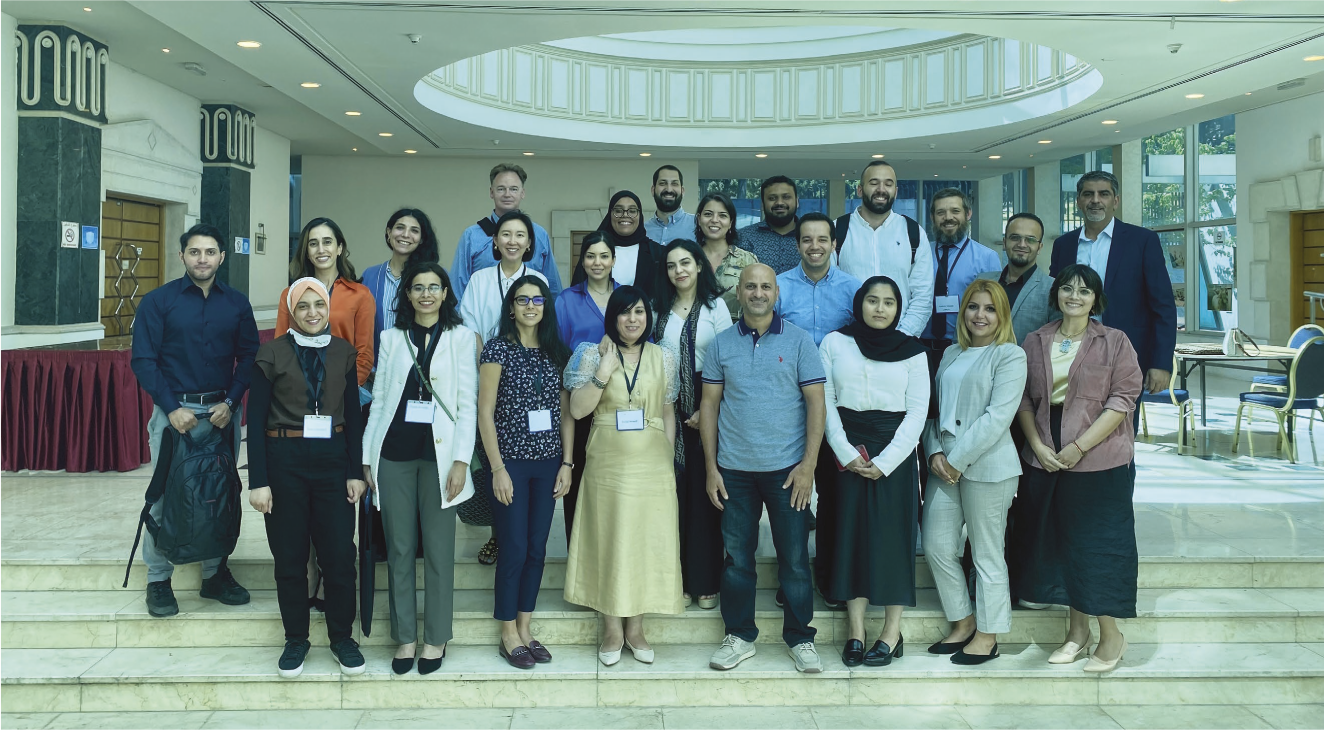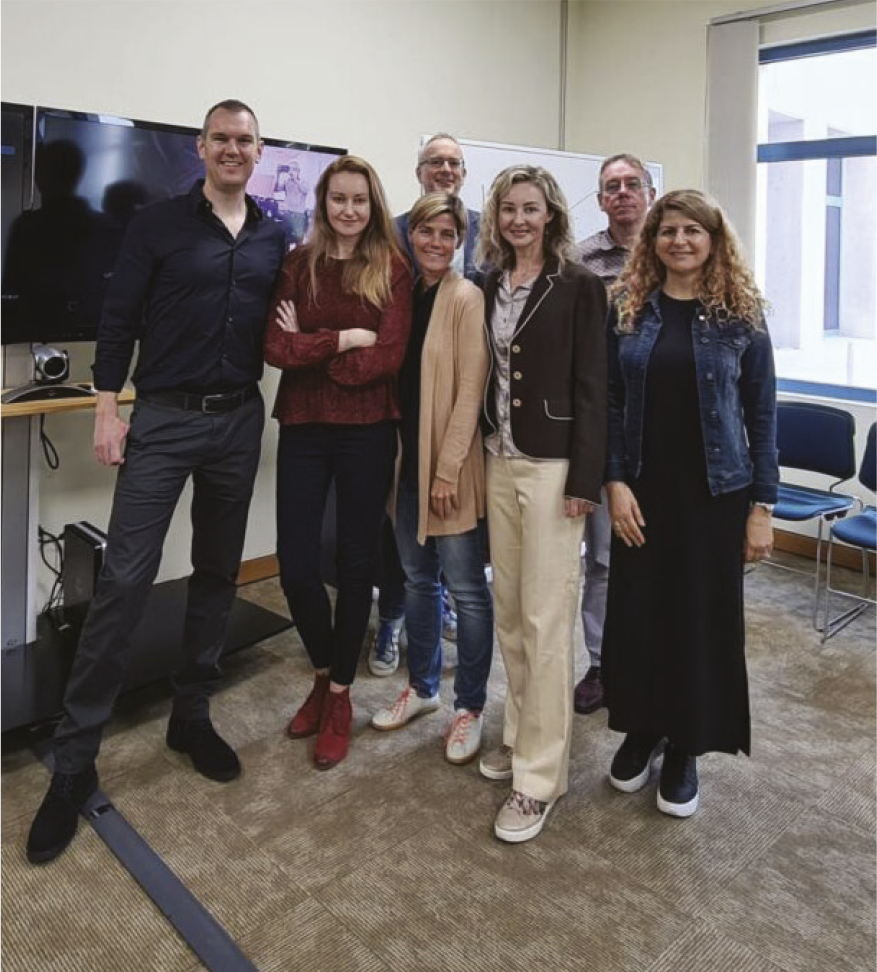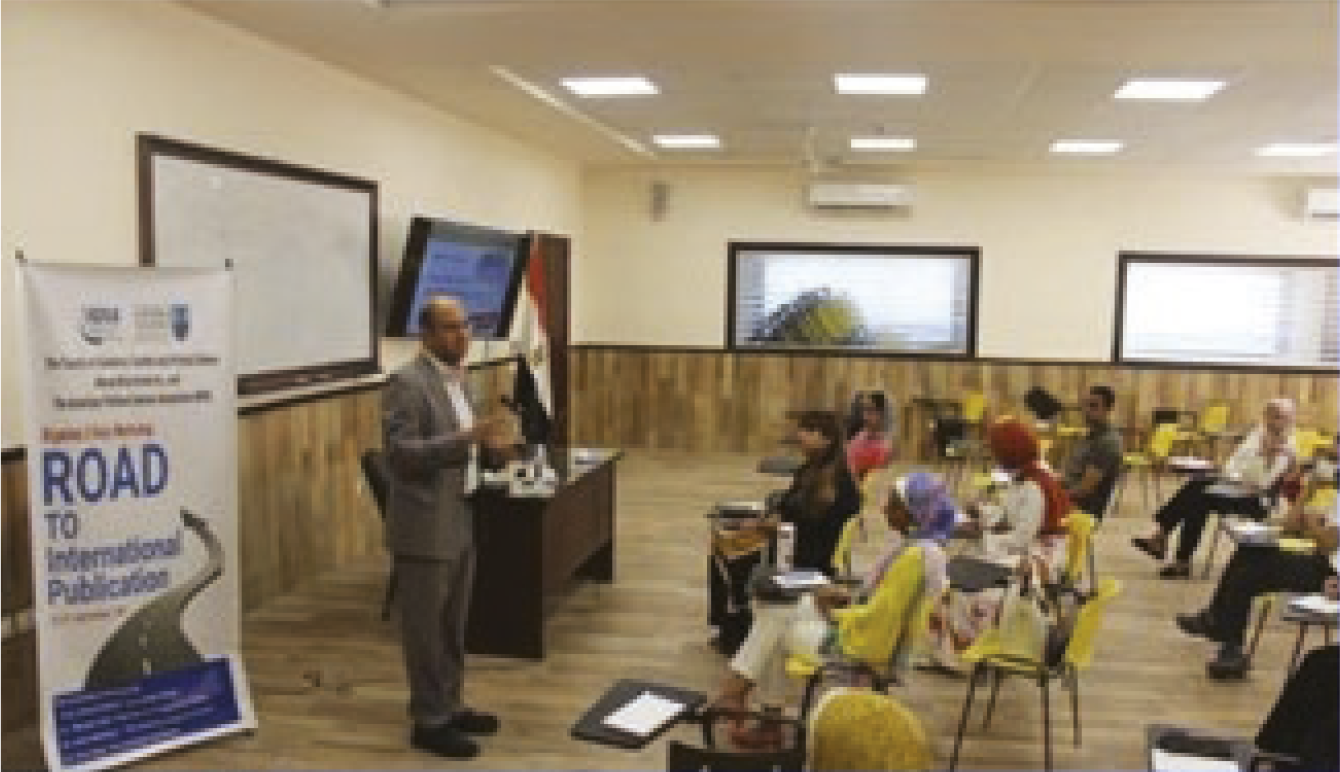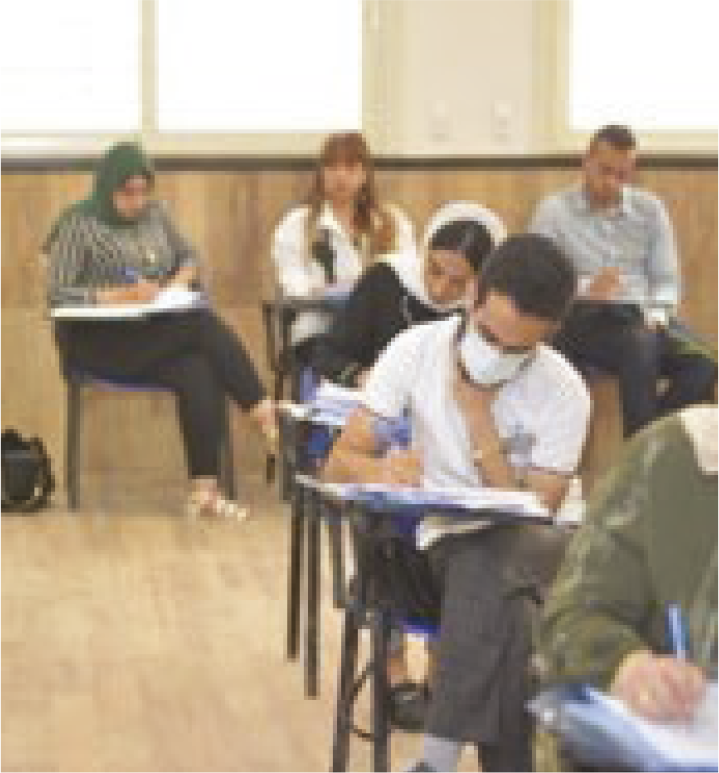In December 2022, Carnegie Corporation of New York renewed its support for the American Political Science Association’s (APSA) Middle East and North Africa (MENA) Program. The three-year grant will continue APSA’s support for early-career scholars across the Arab MENA region, with the goal of increasing the capacity of these scholars to publish empirically rich analysis of emerging issues in political science. Through a series of annual workshops, departmental collaborations, research grants, methods trainings, and mentoring initiatives, the Program extends APSA’s engagement with the international political science community and strengthens research networks inside and outside the MENA region.
Since 2014, the MENA Program has impacted hundreds of early-career scholars from the Arab Middle East and North Africa, including 170 workshops alumni now at institutions across the region, in Europe, and the United States. By design, all events are interdisciplinary and are organized in collaboration with faculty partners in the Arab-MENA region. This approach has allowed for a diverse range of projects, such as a workshop on “Machine Learning for the Social Sciences” at Zayed University (UAE), and a virtual workshop on “Visuality and the Creation of Liminal Spaces of Participation: Ethnographic Approaches to the Middle East and North Africa.”
“I would like to thank APSA scientific committee for allowing an interdisciplinary workshop to be organized under its flag,” said Dr. Amal Adrabo (Alexandria University, Egypt). “APSA is carrying on a leading role of international-inter-discipline discussions for a better knowledge production about our contemporary societies.”

2022 MENA Workshop Fellows in Jordan

Workshop fellows attend a panel at the University of Jordan</un-figure>
Each workshop offers a combination of high-impact training and research support alongside close mentoring and long-term networking opportunities. “There are no opportunities like this at my academic institution,” noted one recent workshop fellow. “Having the opportunity to discuss my research and receive thorough feedback from both co-leaders and my fellow peers in a small group setting, and to do it with other Arabic-speaking researchers and scholars was an invaluable experience.” Reflecting on his participation in a workshop on “Studying Public Opinion in the Contemporary Middle East,” Dr. Karl Kaltenthaler (University of Akron, USA) said, “I have been an academic for nearly 28 years and this was one of the most rewarding experiences I have had. I felt like the fellows were very eager to learn and were extremely polite and got along amazingly well.” Over the year ahead, the annual research development workshop, which serves as the flagship activity of the MENA Program, will continue to be complimented by a slate of other activities including methods trainings, support for departments of political science in the region, and mentoring initiatives.
RESEARCH DEVELOPMENT WORKSHOPS
In 2023, APSA plans to hold its 10th annual MENA Workshop. The annual research development workshops are a small-group professional development and networking opportunity for early-career scholars from the MENA region. Each workshop advances research on a specific theme in MENA Political Science through a series of lectures, roundtables, and research feedback panels. Workshops are led by a team of two scholars based at universities in the Arab world and two scholars based in the United States, hosted by a university or research institute in the MENA region, and attended by up to early-career 20 fellows.
TRAINING IN QUANTITATIVE AND QUALITATIVE RESEARCH METHODS
Since 2018, APSA has supported MENA-based scholars to undertake methodology training at two of the premier institutions in the United States—the Inter-university Consortium for Political and Social Research (ICPSR) at the University of Michigan and the Institute for Qualitative and Multi-Method Research (IQMR) at Syracuse University. Every summer, APSA provides travel grants for up to eight scholars in the region to attend the summer programs in the US. Starting this year, APSA seeks to extend this commitment to rigorous training in research methods by organizing an annual Methods Training Workshop, which will be hosted by a university or research institute in the MENA region.
COLLABORATING WITH UNIVERSITY DEPARTMENTS IN THE MENA REGION
APSA will continue to work directly with political science or related departments at universities in the MENA region to develop tailored programming to support local faculty and graduate students. Since 2017, APSA has supported seventeen projects at eight institutions in the MENA region. Over the past three years, recent collaborations with faculty at Cairo University, Alexandria University, Zayed University, University of Tunis El Manar, and the American University in Cairo have impacted over 150 local graduate students and faculty members.
VIRTUAL MENTORING AND PROFESSIONAL DEVELOPMENT
APSA’s MENA Program also provides virtual mentoring and professional development support. In the spring, a call for applications will be announced for the MENA Mentoring Initiative, which pairs early-career scholars from the MENA region with advanced-career scholars for feedback and guidance on their research projects. The initiative, which began during the pandemic to provide virtual support for scholars in the region, has continued as a result of its success. Since 2020, the initiative has supported more than twenty mentor/mentee relationships. In addition, the MENA Program aims to provide opportunities for broad virtual engagements such as an annual webinar series on professional development topics, including public engagement, research ethics and fieldwork, teaching and learning, and publishing.
The result of this work is a growing community of early-career scholars that are well positioned to contribute high quality research to the global discipline. We look forward to sharing program news, updates, and additional information on the project website: http://web.apsanet.org/mena/. For questions, please e-mail us at [email protected] or contact Dana El-Issa at [email protected].

Workshop on Machine Learning for the Social Sciences at Zayed University in Dubai, United Arab Emirates (2022)

Workshops on Research and Publishing at Alexandria University, Egypt (2021)



